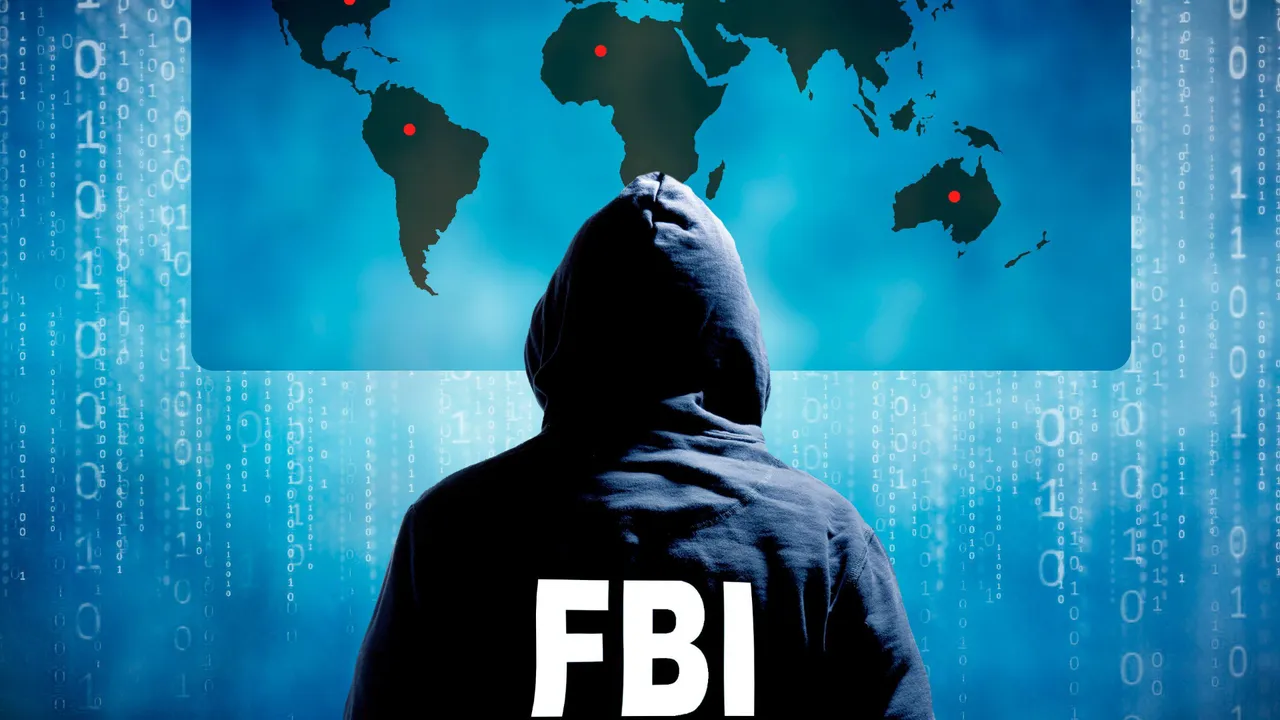
NGOCSTIP – Criminalize Pimping Platforms is the rallying cry that initiated this bill in the UK Parliament. A cross-party group of 59 MPs has introduced legislation to combat online sexual exploitation facilitated by digital platforms. The proposed law targets the operators behind websites that advertise prostitution, aiming to hold them legally accountable. Simultaneously, the reform plans to decriminalize users mainly trafficking victims shifting punitive measures away from those exploited. With this move, lawmakers aim to curb demand while protecting vulnerable individuals. This bill represents a shift in strategy from punishing victims to targeting enablers. It sends a strong message to tech companies and platform owners: you cannot profit from platforms that fuel human trafficking. MPs defending the bill argue that current laws lack clarity on digital facilitators, making reform essential. Exploitation persists in online spaces, despite existing legislation. Digital loopholes empower traffickers to recruit and abuse without oversight.
The bill proposes strict penalties for anyone operating or profiting from pimping platforms. Website owners could face substantial fines and prison sentences if convicted. At the same time, individuals who purchase services many of whom are victims will no longer face criminal charges. This approach realigns justice with compassion and focuses enforcement on those who incite exploitation. Lawmakers explain that online advertising helps traffickers groom and control victims. Platforms often list services under vague categories, offering anonymity to exploiters.
Removing criminal liability for users frees up resources to focus on platform operators. Investigators can now dedicate more attention to tracing money flows and data trails. Advocates emphasize the reform’s impact on trafficking victims. Many individuals arrested in prostitution cases are also forced into exploitation. Current laws punish them instead of offering protection. With this bill, victims may access support, counseling, and rehabilitation options. Their cooperation in prosecuting traffickers will no longer expose them to criminal charges. This shift can encourage more victims to come forward.
“Read about: Crackdown Begins: G7 Targets Global Trafficking Networks”
The bill has garnered support from activists, survivors, and anti-trafficking organizations across the UK. They argue it addresses a gap where traffickers exploit legal ambiguities online. Enforcement agencies welcome the clarity that new legislation offers. Investigations can now target site owners, hosting services, and financial networks with greater authority. Opponents, however, raise concerns. Some argue that blanket decriminalization of users could embolden demand.
They fear a surge in street-level solicitation if buyers feel safe. Critics also warn of implementation challenges how will law enforcement identify and prosecute web-based offenders? Technology experts suggest strong digital tracing, data-sharing agreements, and international cooperation will be vital. MPs supporting the bill counter these points with data. They highlight successful models in Nordic countries that criminalized buyers while penalizing exploiters. They also propose oversight measures like mandatory reporting and compliance protocols for hosting services. The strategy to Criminalize Pimping Platforms aims to shift accountability to those profiting from exploitation. Penalizing platforms rather than individual users addresses root causes while avoiding victimizing the abused.
This UK initiative reflects a broader global push toward digital responsibility. Several countries now debate similar reforms targeting platform accountability. France, Germany, and Canada have introduced measures requiring tech companies to monitor user content and cooperate with prosecutions. The EU is pushing for pan-European legislation against online trafficking and exploitation. Experts see this bill and the move to Criminalize Pimping Platforms as part of a growing consensus that the internet should not shelter criminal activity. Tech industry lobby groups have pushed back, citing concerns over censorship and liability burdens. However, Parliamentarians stress that the bill includes protections for user privacy and fair trials. Platform operators will need to act transparently, disclose moderating processes, and respond swiftly to flagged content. A balance is critical between enabling legitimate free speech and curbing monetized exploitation.
“Read more: Papua New Guinea Launches Intensified Polio Response Training”
If the bill passes, experts anticipate major shifts. Traffickers may find it riskier to operate pimping websites. Disrupted income streams could force criminal networks to rely on riskier operations or disappear. Victims may find safer pathways to escape exploitation and rebuild their lives. Removing criminal labels from users could break cycles of stigma. When victims no longer fear arrest, they can speak out without shame.
The bill also promotes a new norm: platforms must bear accountability for illegal content. If implemented effectively, this concept could extend to other online crimes like revenge porn, hate speech, and cyberbullying. Parliament is watching pilot enforcement programs and gathering stakeholder feedback. International monitoring groups may offer frameworks for cross-border action. This legislation could serve as a blueprint for other nations dealing with similar challenges. Human trafficking now uses digital tools such as encrypted messaging, social media recruitment, and coded adverts. Lawmakers worldwide may follow the UK’s lead to strike back at digital enablers.